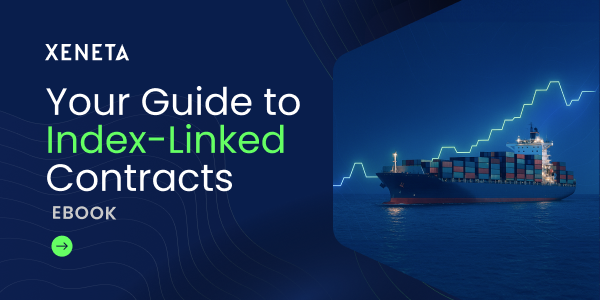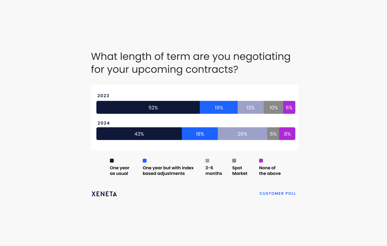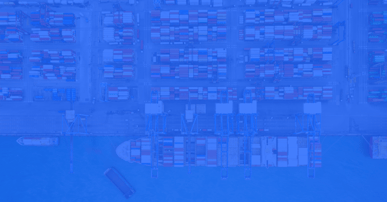Last week our CEO, Patrik Berglund, was interviewed by Professor Andrew Lubin from Philadelphia, USA about the effects of Covid-19 on carriers and shippers, along with his thoughts on international trade. Have a read below.
Q-You’ve spent your business career in supply chain, and now rates. Did anything in the past prepare you for what we are experiencing now?
A – Absolutely not! We formed Xeneta in 2012, when the world was recovering from the 2008-2009 financial crisis and you’ve got to remember that was a crisis brought on by bad mortgages and lending loans that spiraled into a financial crisis.
This is totally different. This is a global epidemic without an antidote, where the only defense is for people to remain isolated, which means closing all but truly essential businesses. And when people don’t isolate, the virus spreads. First, supply from China was turned off, and then demand died as the world’s biggest consumer markets, the US and EC was affected.
Q- How does this affect the world economies, and working back, to export-import volumes and container rates?
A-It’s a direct correlation. In Jan-Feb China was affected prior to Chinese New Year. The millions who went home were unwitting carriers, who spread this unknown virus throughout the country. Factories closed, trucking halted, ports closed; reefers weren’t unloaded, and containers were not sent out with export cargo. Although a box imbalance resulted, the supply chains recovered somewhat by ramping up production and shipments from other Asian countries.
Then, demand collapsing virtually overnight. Italy, France, and Spain are paralyzed, with the UK seemingly headed in that direction. And the US is worse; with the death count now 1,000-plus daily and Goldman Sachs forecasting an unemployment rate of 15%. Last week weekly US unemployment skyrocketed to a record 6.6 million, and earlier I saw that Macys, Gap, and Kohls announced they’ll be furloughing some 290,000 of their employees. The American consumers historically lead the world’s economy, so these are frightening statistics.
In addition to the human misery, how do businesses operate? You don’t know how much to buy because you don’t know if you can sell it; most stores worldwide selling non-essential goods are closed. An even if they’re allowed to be open, most of the EU and US is ordered to stay at home, who will turn up to buy?
And if shippers don’t know whether to place orders, how does China normalize if their export-oriented economy isn’t needed? So how do carriers plan their schedules? Yes, they can cancel loops, but then shippers will take the conservative view and continue to cancel orders. Everything stops.
Q- Then is CMA CGM’s new ‘SEAPRIORITY Go” program, where they guarantee priority transportation of goods, the answer?
A- I haven’t seen the details, so I’m reluctant to make a unilateral statement. They’re part of the Ocean Alliance along with Cosco/OOCL, and Evergreen; will their alliance partners carry a CMA CGM Seapriority box? And is CMA CGM waiving Force Majeure? But in terms of foods, pharma, medical gear, and reefer cargo, yes, a shipping schedule that actually holds up would be a huge confidence builder.
Q- How are the other carriers responding to the crisis.
MSC has taken the biggest steps. They’ve scheduled two of their megas (MSC Mia, MSC Nela) to move empty boxes from China to Los Angeles ports in order to start addressing the container imbalance, and today they announced a “Suspension of Transit” program in which boxes in/out of Asia can be staged or stored in one of six container yards most appropriate to their final destination.
Q- This certainly seems to bring J-I-T to an end?
A- Yes, I’ve heard others say that. Box carrier cargo volumes drop daily with shippers not placing orders since their stores are closed, consumers stuck at home, and skyrocketing unemployment is making all purchases but food a luxury.
Right now, no one is buying cars, so the auto part trade is stopped. Malls are shut, so people aren’t buying clothing, shoes, and all the other things sold in malls. So shippers have no orders to place, therefore carriers have nothing to carry, and there’s no reason to adhere to schedules.
Q- What’s the answer?
A- A cure for the virus would be helpful.
###
Thanks for the interview, Professor Lubin!
.png)



-1.jpg)





